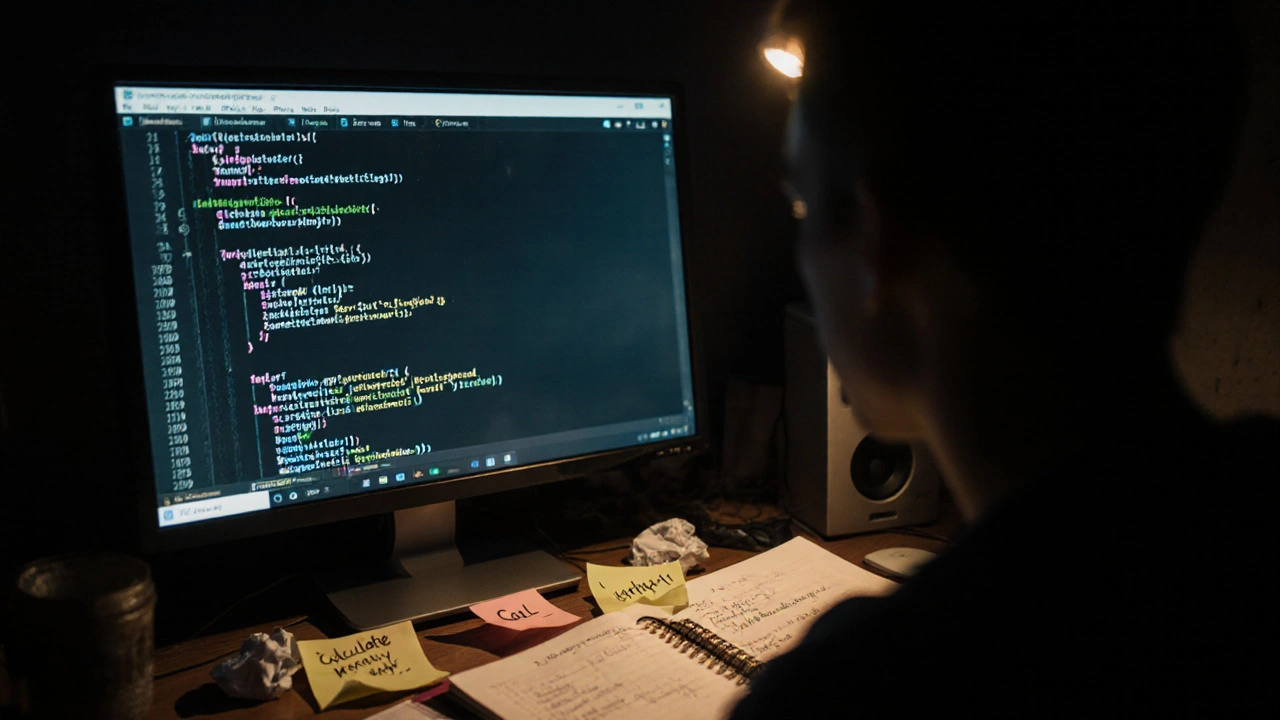Clean code: habits that save time and reduce bugs
One unclear variable name or one bloated function can cost hours of debugging. Clean code isn't about perfection — it's about small, repeatable habits that make your work easier and your team faster. Below are practical, no-friction steps you can apply today to write clearer, more maintainable code.
Quick habits that make code clean
Name things so a reader understands them without comments. Prefer userCount over uc, and isEmailValid over check1. Names are documentation: invest a few extra seconds and save minutes later.
Keep functions short and focused. If a function does more than three things, split it. Small functions are easier to test and reason about. If you need comments to explain a function, the function probably needs a better name or to be broken up.
Use consistent structure and formatting. Pick one style (indentation, braces, naming) and stick to it across the project. Consistency reduces cognitive load — you spend time solving problems, not guessing style. Use your editor’s formatter to apply rules automatically.
Tools and routines to keep code clean
Automate checks: linters, formatters, and pre-commit hooks catch common issues before code lands in the repo. Set rules that block merges for failed checks. It may feel strict at first, but automated rules remove tiny style debates from code reviews.
Write tests for behavior, not implementation. Tests that express what the code should do make refactoring safe. Start with a few high-value tests (critical paths) and add more over time. Fast, reliable tests let you change internals without fear.
Refactor frequently and in small steps. Don’t wait for a perfect rewrite; improve naming, extract functions, and remove duplication every time you touch code. Each refactor should be a tiny, reversible change covered by tests.
Code reviews should teach, not punish. Ask questions like “What problem does this solve?” and “Can we make this simpler?” Point out specific improvements (rename this, extract that) rather than vague criticism. Reviews are where clean code habits spread across the team.
Limit complexity with clear boundaries. Keep modules responsible for one area, and prefer simple interfaces. If a module needs a complex setup to use, it likely has too many responsibilities. Clear boundaries keep reasoning simple and bug rates lower.
Start small. Pick one habit — better naming, a formatter, or a simple test — and apply it across a sprint. Small wins build momentum and show concrete benefits fast. Over time, those tiny changes accumulate into a codebase that's easier to change, scale, and hand off.
Clean code is not a final state. It's a steady way of working: small, measurable habits that make development faster and less painful. Try one tip this week and notice how much less time you spend hunting down problems.




